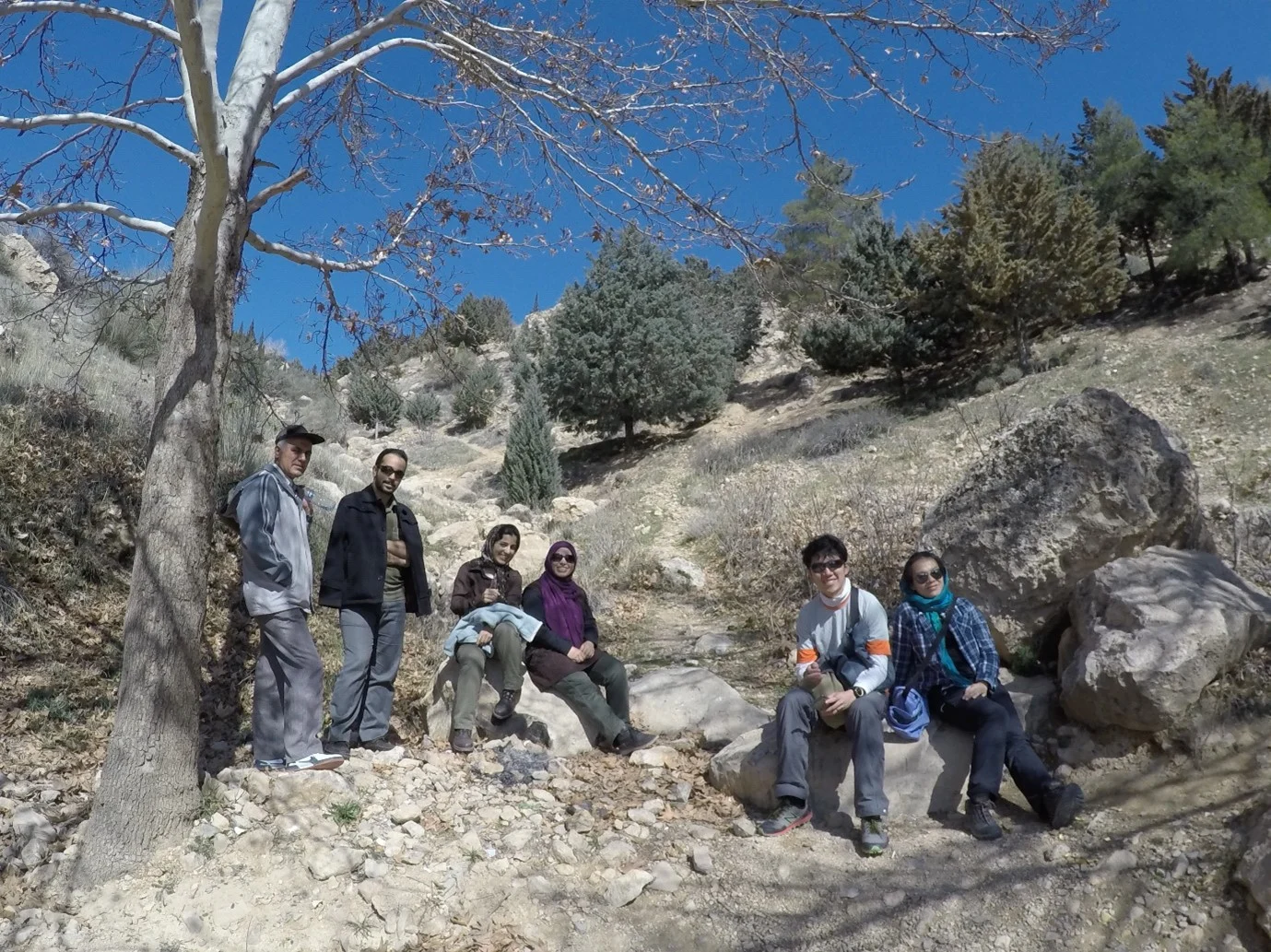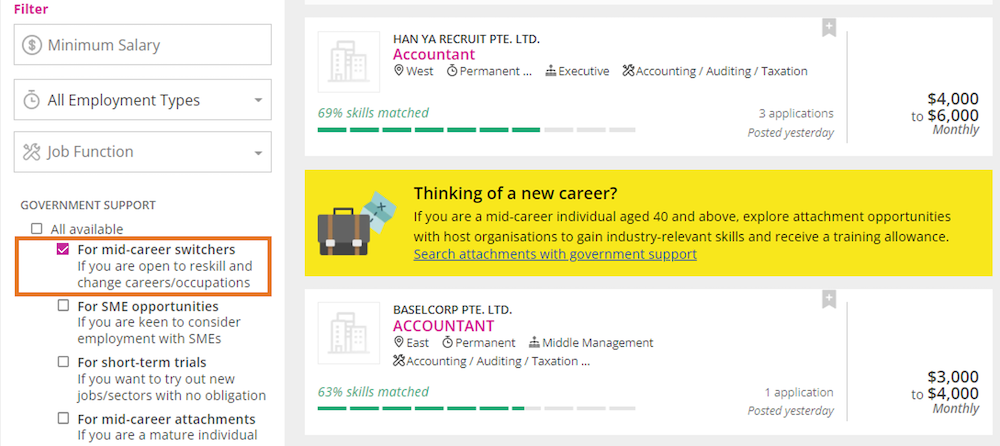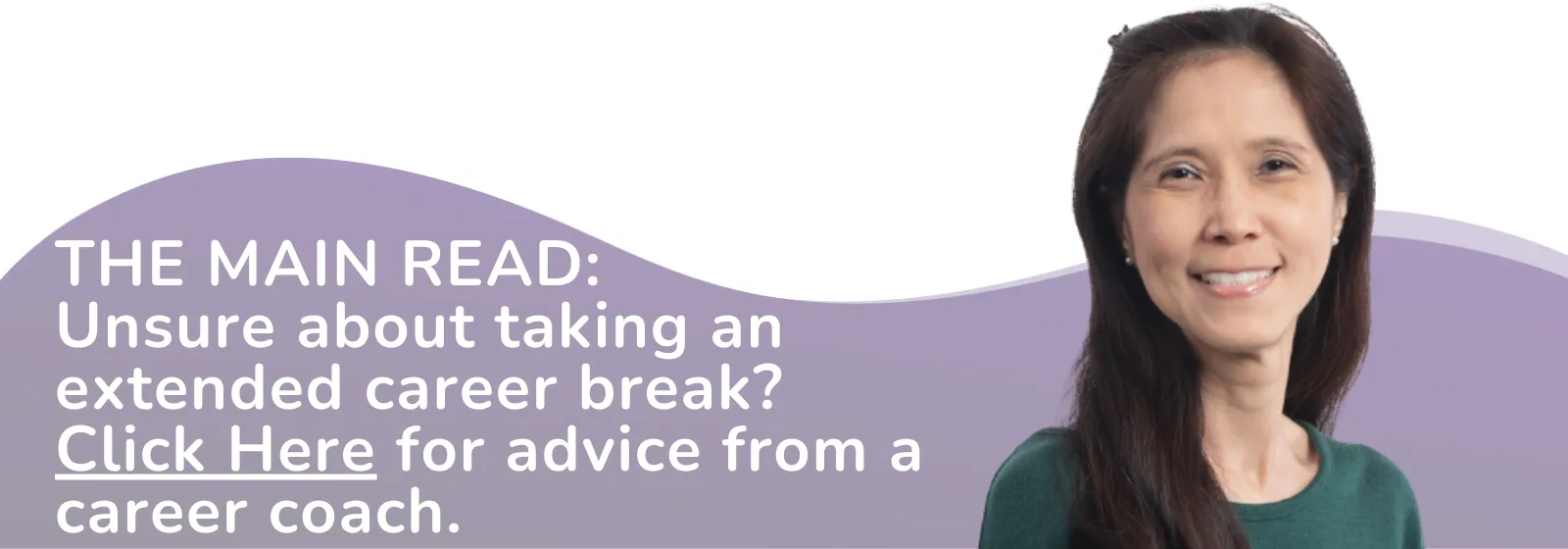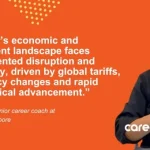The phenomena of the Great Resignation and the Great Reshuffle brought about by the pandemic seem to indicate that workers are experiencing an awakening — choosing to prioritise other aspects of their lives over their careers.
However, the idea of deprioritising work is not something new, especially among younger workers. According to a survey by the multinational accounting firm, Ernst & Young, 51% of Singapore workers surveyed said that they would quit their jobs this year — the majority of them are Gen Z and millennials.
Why is this so? Are younger workers not taking their careers seriously, or is there more than meets the eye?
We speak to four young Singaporeans on the how and why, of their decision to take a career break.
Not by choice, but by health
The typical scenario for many employees is this: mull over the idea of an extended career break, only to file it away under “would be nice to do sometime” – not until they are forced to do so.
Lim Yu Ting, a 33-year-old public servant decided to take a hiatus from work when she began experiencing sharp pains in her chest in 2020.

“The episode made me re-examine my life. My body wants me to stop. However, making the decision to take a break was not easy”, said Yu Ting.
Similarly, Ong Kai Ling, 37, after five years of working in advertising sales, was experiencing burnout from the rigours of her role. She decided that she need time away from work to find herself again
“In 2017, I began to ponder the meaning of the job. I questioned why I was stuck in this job,” said Kai Ling.
Flying and family first
Not everyone takes a career break because of reasons they have no control over. Vik Zeng, 37, resigned from his consultant job in 2015 to fulfil his dream.
“It was the perfect time to take a break before taking on any major commitments. It was my dream to travel the world since I was 16,” said Vik.
In contrast, Nurhidayah Nordin’s, reason for taking a career is more grounded. The 33-year-old mother of two left her previous job early this year to focus on family and realign her life’s priorities.
“The pressure of juggling my different commitment and responsibilities were getting to me. I was burning at both ends trying to juggle work, family, evening classes, pregnancy, and my mother’s passing during the Circuit Breaker period,” said Nurhidayah.
Read More: Troubled by Office Stress or Workload Woes: How to Catch Up and Improve
Taking a career break: Why most hesitate?
Even with compelling reasons to take a career break, making the decision to do it was not easy for most workers.
Dr Tracie Lazaroo, a clinical psychologist at Inner Light, a centre that provides clinical psychology and therapy services in Singapore, explained:
“Culturally, Singaporeans tend to be hard on themselves, and have expectations that they are meant to be consistent, productive and psychologically resilient at all times.”
According to Dr Tracie, employees tend to have unrealistic expectations of themselves in terms of how much they need to be doing consistently. Hence, they often, neglect self-care and self-preservation.
“I had toyed with the idea of a career break many times, but I chickened out at the thought of my finances, what my peers would think, and losing out career-wise,” said Yu Ting.
Taking an extended career break would also be especially hard for those with dependents like Nurhidayah.
“It was scary thinking about losing my regular paycheck. We were going to be a family of four, so experiencing a financial loss on my side wasn’t exactly feasible,” she said.
Aside from the worries of having to survive without income during the break, getting back on the employment train is also a huge concern for Kai Ling.
“I was worried that my career journey would stall and that finding a job would be tough after the hiatus.”
For someone with plans of buying a house like Vik, taking a career break seems like a risky business.
“I was worried about not being able to find a job after the break which would affect my HDB loan application in the near future,” he shared.
What does one do during a career break?
One of the most asked questions with regard to taking an extended career break is: What should I do with that much time on my hands?
According to Dr Tracie, workers should use this time to reconnect with themselves by engaging in activities that are purposeful for them.
“This could be in the form of recreational activities or signing up for developmental courses to explore further areas of growth or increase employability,” she said.
“During the break, I decided to experience living alone and rented a co-living space at Tiong Bahru. I did my fair share of café hopping, went for yoga every day, learnt sprouting, singing, dancing, painting, got certified as a raw living food coach,” said Yu Ting.

While Yu Ting made the most of her time locally, Kai Ling sought peace in the land of the rising Sun and South America.
“I spent seven months in Japan where I learnt the language, explored obscure parts of the country and even climbed Mount Fuji,” said Kai Ling.

“I also went to Argentina, Chile and Peru, travelling alone for most parts of the journey. I did sand dune surfing at the Atacama Desert and glacier hiking at Perito Moreno Glacier!” she added.
Similarly, Vik also accomplished his dream of flying to remote places.
“I spent 200 days backpacking with my wife across 18 countries!”

For Nurhidayah, the career break is an opportunity for her to catch up with things that have taken a backseat in her life.
“I managed to get my young children in the same childcare, which frees up some time for me. I have signed up for driving lessons, spin, and baking classes.”

“I have also completed online vocational training in April and started my job attachment in July with a hosting company under Skills Ignition SG, a Grow with Google programme that gives people the platform to kickstart their career,” she added.
Should you take a break from work, and for how long?
According to Dr Tracie, everyone should take a break from work once in a while to relieve stress, have a change of scene or spend more time and energy in other aspects of their lives. In addition, taking time off work may also give one the opportunity to think deeply about what steps to take career-wise.
“During the break, some may even realise feelings which can greatly inform steps or be indicators of their attitude towards their current job situation,” she explained.
In terms of how long the break should be, there is no fixed duration of what is considered ideal; it varies for every individual.
“There is no gold standard on how long this break would need to be as it would very much be dependent on the employee’s life circumstances, ability to manage stress and general work demands.”
“An employee needs to be self-aware and honest with themselves on the type and duration of break they may need in order to feel better,” she added.
Looking for a change?
MyCareersFuture’s search tool allows you to filter mid-career jobs for individuals open to reskilling or changing careers.

















